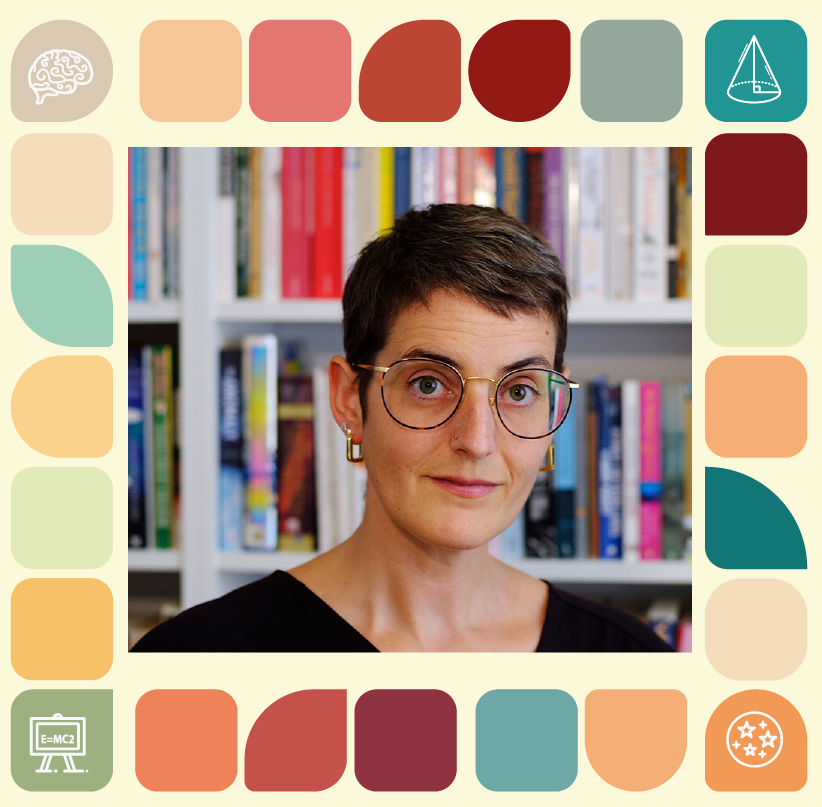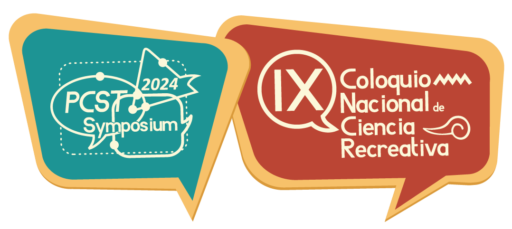
Guests
Wednesday, April 10
9:30 a.m.
Keynote Lecture
Science Communication in a diverse world
Bruce Lewenstein, Cornell University, United States.
K͟n͟o͟w͟ m͟o͟r͟e͟ a͟b͟o͟u͟t͟ B͟r͟u͟c͟e͟ L͟e͟w͟e͟n͟s͟t͟e͟i͟n͟
Professor of the Department of Communication at Cornell University. Widely known authority on the public communication of science and technology: how the public is informed about science and technology, as well as how the public understands controversial scientific issues and “emerging technologies” such as biotechnology and nanotechnology. Beginning with his training as a historian of science, he often uses historical case studies in his research. He has also done extensive work evaluating “citizen science” projects, in which citizens participate fully in the scientific process by collecting, entering, and sometimes analyzing scientific data. In recent years, he has helped connect the field of “public communication” with the field of “learning sciences,” especially around issues of public participation in science.
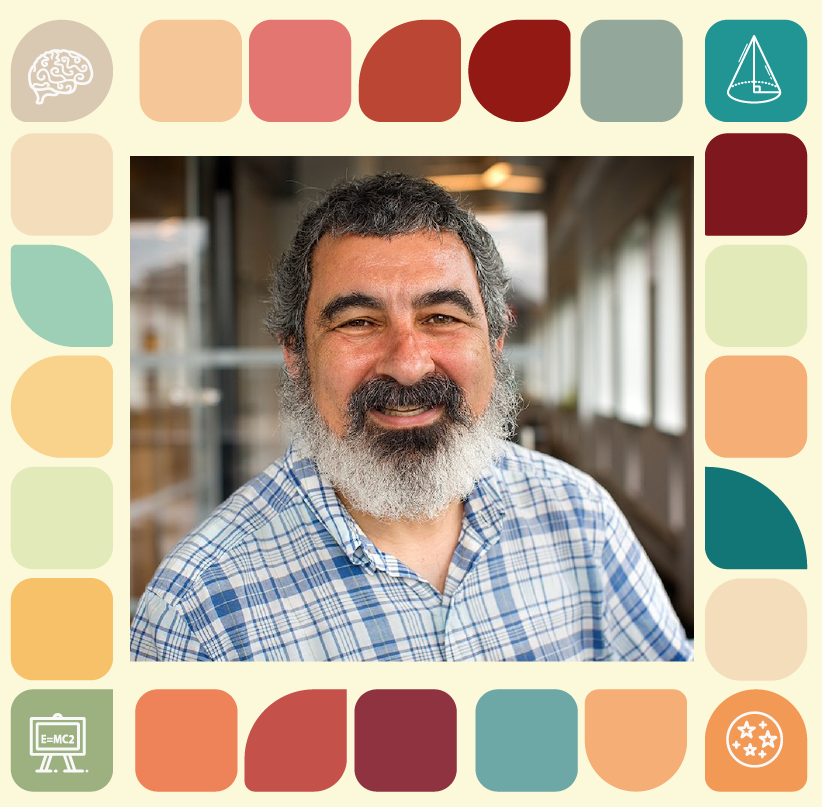
1:30 p.m.
Panel
Towards an international vision of science recreation
Rafael García Molina, University of Murcia, Spain.
K͟n͟o͟w͟ m͟o͟r͟e͟ a͟b͟o͟u͟t͟ R͟a͟f͟a͟e͟l͟ G͟a͟r͟c͟í͟a͟
Professor of Applied Physics at the University of Murcia, in Spain, who also does solid work of science communication. His work shows a great commitment to bringing physics creatively to all ages through courses, experimental workshops, and collaborations with the media, such as the one he has maintained with RNE-Radio Clásica in the program ‘Longitud de Onda‘ or with 7 Television Region of Murcia in the program ‘LaboratoriUM’. As a result of his teaching and dissemination activity, in 2016 Rafael García Molina was awarded the ‘Prize for the Teaching and Physics Outreach’ organized by the Royal Spanish Society of Physics and the BBVA Foundation.
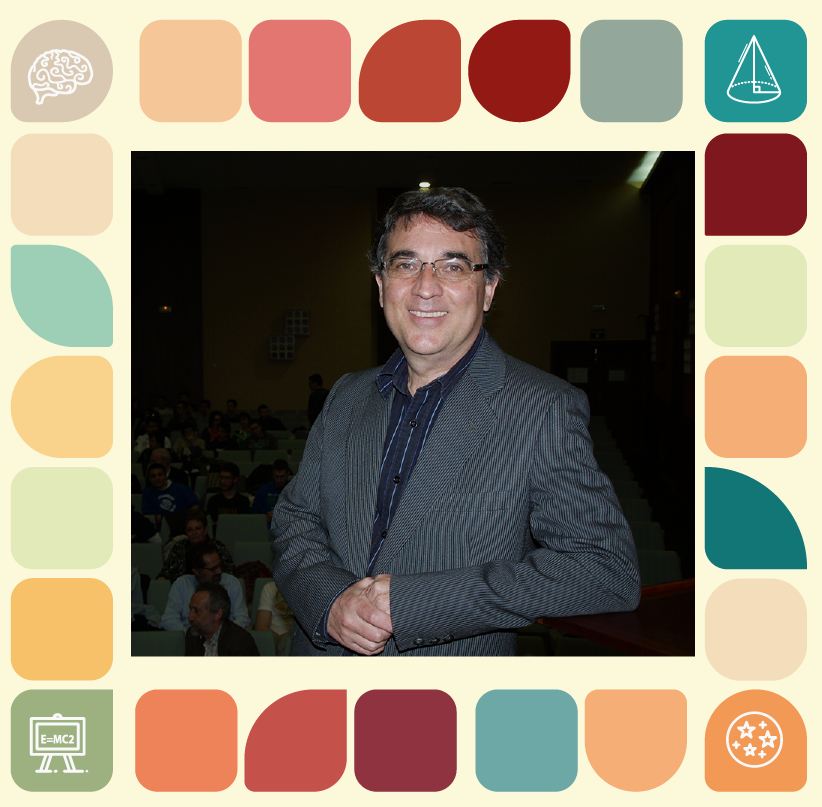
Thursday, April 11
10:00 a.m.
Plenary lecture
The public at the center: co-design as a strategy to build communication bridges
María Emilia Beyer Ruiz, National Autonomous University of Mexico (UNAM).
K͟n͟o͟w͟ m͟o͟r͟e͟ a͟b͟o͟u͟t͟ M͟a͟r͟í͟a͟ B͟e͟y͟e͟r͟
Current General Director of Science Dissemination at UNAM. She is the author of the books The Kiss Disease and Sounds, Smells and Colors: Communication in the Animal World that were incorporated by the SEP into the Classroom Libraries. They are also authored by her Gene or no gene: the dilemma of genetic knowledge; To see you better; Monsters, dreams and other stories seen from science and the children’s book Why are they hiding? published by the Economic Culture Fund. She is a full member of the Mexican Society for the Dissemination of Science and Technology (SOMEDICYT). From 2001 to 2006 she was the Academic Coordinator of the Diploma in Science Dissemination at UNAM. From 2003 to early 2008 she was the head of the biological sciences section for Pedro Ferriz de Con’s news program, broadcast nationally. She has participated as a speaker in colloquiums, conferences and seminars in various educational institutions in the country and abroad. She was a guest advisor at Columbia University, New York, to evaluate the “Frontiers of Science” course. From 2006 to 2009 she was the UNAM representative of the “Globalization of Scientific Knowledge” Project coordinated by the Max Planck Institute in Berlin, Germany. She is the museologist of the exhibition “Science with a Chocolate Flavor” that is currently touring the national territory. From 2020 to 2023 she was Director of Universum, the UNAM Science Museum.
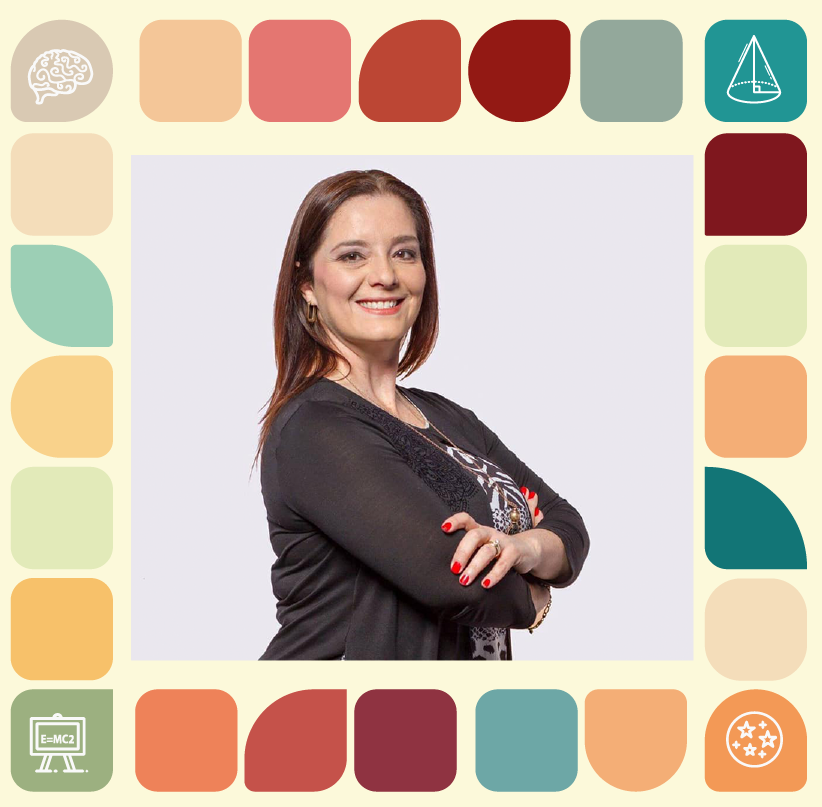
Friday, April 12
10:00 a.m.
Round table
Public Communication of CyT: A young and vulnerable field?
Elaine Reynoso, Magdalena Maritz, Sandra Murriello, Ana Nepote y Julia Tagüeña.
K͟n͟o͟w͟ m͟o͟r͟e͟ a͟b͟o͟u͟t͟ t͟h͟e͟s͟e͟ e͟x͟p͟e͟r͟t͟s͟
Group of experts with extraordinary careers in science communication in Mexico, Argentina and South Africa, who have important academic contributions in the field and, in addition, have held top-level positions in dissemination organizations.
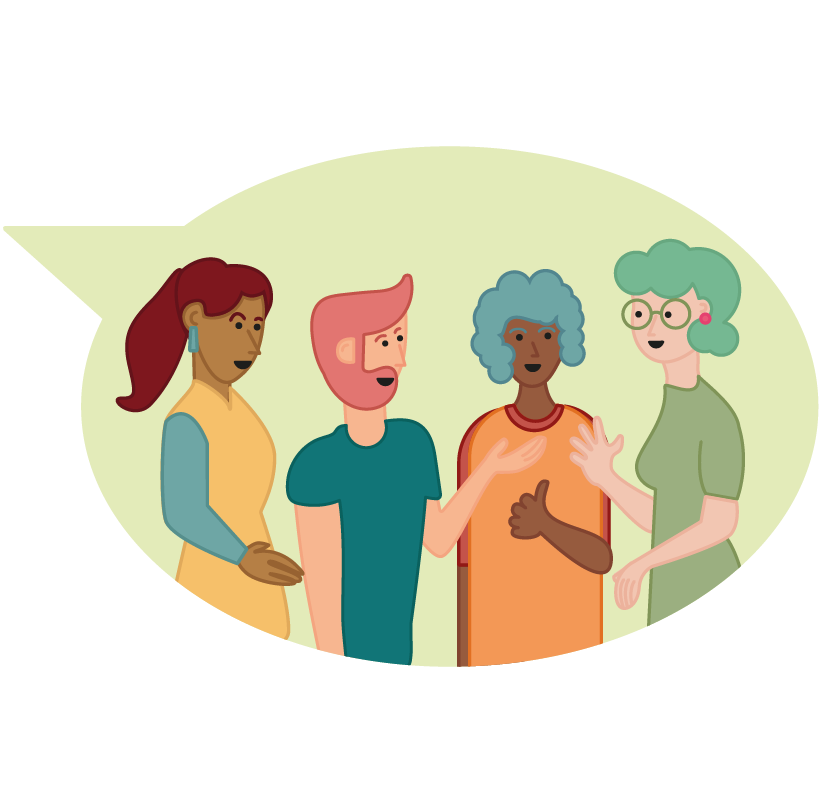
5:30 p.m.
Closing lecture
The role of science communication in challenging times: Persuasion, democracy, empowerment
Sarah Davies, University of Viena, Austria.
K͟n͟o͟w͟ m͟o͟r͟e͟ a͟b͟o͟u͟t͟ S͟a͟r͟a͟h͟ D͟a͟v͟i͟e͟s͟
Professor at the Department of Science and Technology Studies at the University of Vienna. Her work explores how science and society are co-produced: how society defines the conditions of scientific research and how science is present in society at large. She has written about hackers and hackerspaces, how scientists experience the conditions of contemporary academia, and science communication formats such as science festivals or museums. She is co-founder of the Science in Public conference series, sits on the scientific committee of the International Network for Public Communication of Science and Technology, and has given more than 20 invited keynote talks and public lectures in Denmark, Switzerland, New Zealand, Austria, the United States, the United Kingdom, Germany and France since 2014.
